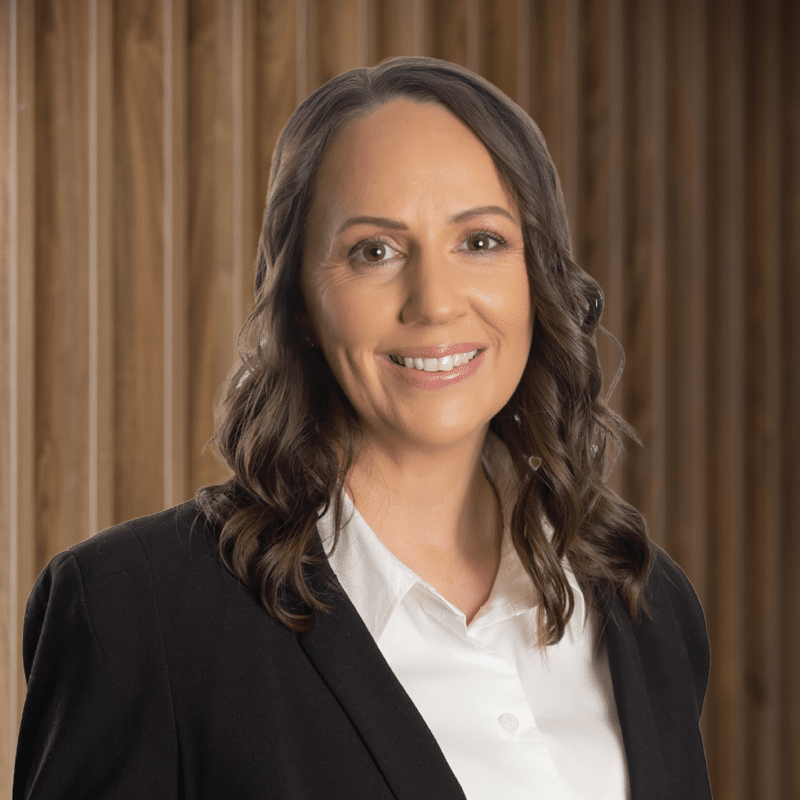FAQ’s
What is a will?
A Last Will and Testament (commonly referred to as a will) is a legal document that outlines your wishes for the distribution of your assets (estate) upon your passing. This encompasses all your property, including real estate, vehicles, financial holdings, and personal belongings.
A will allows you to designate beneficiaries who will receive specific portions or the entirety of your estate. Additionally, you can appoint a trusted individual, known as the executor, to oversee the administration and distribution of your assets according to your instructions.
By creating a will, you ensure your wishes are respected and potential conflicts or confusion among loved ones are minimised.
In the absence of a will, the state will distribute your estate according to its intestacy laws, which may not align with your wishes.
What is better, a will or a family trust?
Neither a Will nor a Family Trust is inherently “better.” They serve different purposes within your estate plan.
- Wills dictate how your assets are distributed after your death. They are essential, even if you have a trust, to cover property not included within the trust. Wills go through probate, a sometimes lengthy and costly legal process.
- Family Trusts allow you to control and manage assets during your lifetime and can be structured to avoid probate. They offer flexibility in distributing income or assets to beneficiaries, provide some asset protection, and have a number of other benefits such as:
- Larger, complex estates often benefit from the structure of a trust.
- Trusts offer privacy as they avoid the public process of probate.
- Trusts allow for continued control of assets during your lifetime and smooth succession planning.
- Trusts can be tailored to provide ongoing support for beneficiaries with special needs.
Ideally, you should consult with an estate planning lawyer to determine the best combination of Wills and Trusts to meet your specific goals and circumstances.
What is the difference between an Estate Lawyer and a Probate Lawyer?
Though probate and estate lawyers are similar, they offer their services at different times and to different parties:
- Estate lawyers assist individuals while they’re alive with planning how their assets will be handled after death. This includes tasks like drafting wills, setting up trusts, and advising on strategies for asset protection.
- Probate lawyers’ step in after a person’s death to guide the executor (or administrator) of the estate through the legal process. They may help with applying for a Grant of Probate (or Letters of Administration) from the Supreme Court of WA and handle the overall administration and distribution of the estate.
It is not unusual, if not preferable, for the estate lawyer who drafted a will to also act as the probate lawyer assisting the appointed Executor with the administration of the deceased estate as they would already have familiarity with the estate and possibly also the deceased’s family.
What happens if you die without a will?
Dying without a will is called being ‘intestate’. Shockingly, over half of all Australians fall into this category, even though it can lead to significantly higher legal costs for your family. In the absence of any living relatives, without a will, your estate is passed straight to the government.
In Australia, if you die without a will and your assets exceed $10,000, they are distributed according to a strict government-mandated formula. The general formula for distributing the estate of a person who has died without a will in Australia is as follows:
- The deceased person’s partner or spouse receives the estate.
- If there is no surviving partner or spouse, the estate usually goes to surviving immediate family members, starting with parents and then siblings.
- In the absence of any living relatives or if they cannot be located, the estate may be passed on to the government.
The government-mandated formula is outdated, with fixed amounts based on the cost-of-living decades ago. This means your entire estate could be held up in legal limbo, creating immense difficulties for any loved ones who rely on you. While there are proposed amendments, dying intestate is simply inflexible. After all, it is intended to be a backup, which assumes you have a will. If you have any wishes to support loved ones if you pass unexpectedly, the default plan rarely matches individual circumstances, which is precisely why you need a will.
What are the risks of drafting a will without legal advice?
Drafting a will without legal advice, regardless of where you obtained the will kit from, has the following risks:
- Invalidity: Wills must follow precise legal requirements. If yours doesn’t, it might be deemed invalid by the courts, leaving your wishes unfulfilled.
- Accidental Revocation: Without proper guidance, you could unintentionally revoke your will, invalidating it without even realizing.
- The will being contested (a Family Provision Claim): A poorly drafted will may make it easier for disgruntled family members to contest the distribution of your assets, leading to costly and stressful legal battles.
- Missing Assets: Some assets, like jointly held property or certain superannuation funds, may not automatically become part of your estate upon death. Without legal advice, your intended beneficiaries could miss out.
There is no substitute for professional advice to address and manage the above risks.
Should I hire a Wills and Estate Lawyer to write my Will when I can do a Will myself from the post office?
Drafting a Will without legal advice, regardless of where you obtained the Will Kit from, has the following risks:
- The Will may be invalid for not meeting formal requirements. A Will must be drafted and executed in very specific ways, otherwise it may not be recognised when making an application for Grant of Probate;
- The Will being revoked without the will-maker knowing. Unintentionally revoking a Will is something that can be avoided or managed through proper drafting;
- The Will being contested (a Family Provision Claim). A disgruntled family member may seek to challenge a Will if they think they are being left out of a Will or do not receive the same share as the other Beneficiaries. Again, proper drafting can help manage this risk;
- Certain assets not forming part of the Deceased Estate and thereby not passing as intended under the Will. Jointly held assets (and sometimes superannuation) do not necessarily form part of an estate when a person passes away.
There is no substitute for professional advice to address and manage the above risks.
Is it legal to write my own will in Australia?
Yes, it is legal to write your own will in Australia. Any individual over the age of 18 who is of sound mind can prepare their own will. All you need to do to ensure your will is valid is make sure that it is:
- In writing: Your will must be a written document, either typed or handwritten.
- Signed by you: Your signature at the end of the document confirms the will’s validity.
- Witnessed: Two independent witnesses (not beneficiaries or spouses of beneficiaries) must witness you signing the will and then sign it themselves.
When should you engage with a lawyer to prepare your will?
While writing your own will is legal, there are a few scenarios when it is in your best interest to seek legal advice before preparing your will.
- If you have significant assets, multiple beneficiaries, or wish to include complex bequests or trusts, a lawyer can advise on the best legal structures.
- If your family dynamics are unique, blended families, potential disputes, or dependents with special needs often require careful legal wording to prevent future conflicts.
If my Executor manages my estate after my passing, who manages my affairs when I am still alive but am unable to do so myself?
An Enduring Power of Guardianship and Enduring Power of Attorney allow a person to nominate who will manage your affairs, including your estate, while you are still alive but have lost the capacity to manage those affairs yourself. Without such documents, a person who loses capacity will have no say over who is appointed to manage their finances or make lifestyle decisions on their behalf. There will also be a time delay as an appropriate person makes an application to the State Administrative Tribunal.























